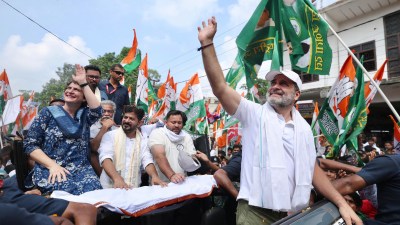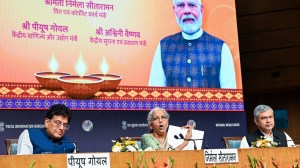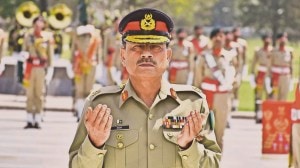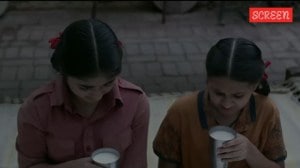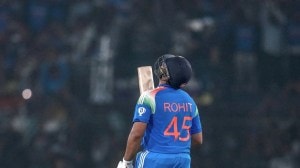Entirely new experience awaits unified Germany
ZURICH, JULY 6: The world cup will return to Germany after a 32-year absence but for Franz Beckenbauer the 2006 tournament will be an enti...

ZURICH, JULY 6: The world cup will return to Germany after a 32-year absence but for Franz Beckenbauer the 2006 tournament will be an entirely new experience for Germany following unification.
“We had it in 1974 but it was a different Germany,” said Beckenbauer whose charisma and political skills were instrumental in the triumph of the German bid on Thursday.
“People from the Eastern Bloc were not able to come then. This time everybody will be welcome,” said the former libero.
While presenting his campaign one last time on the eve of the vote, Beckenbauer stressed that Germany had undergone huge change in recent times, recalling what he described as a “peaceful revolution”.
Then coach of the National team, Beckenbauer was preparing his squad for a crucial World Cup qualifier against Wales when the Berlin Wall fell in November 1989, paving the way for German unification the following year.
“We couldn’t really party because we had to beat Wales to qualify,” he said. “Eventually it worked out all right.”
West Germany won 2-1 to earn a ticket to Italia 90 where Beckenbauer lifted the coveted trophy as a coach, 16 years after doing so as the West German team captain.
Eastern German football, which had its own tradition and powerful clubs like Dynamo Berlin, Dynamo Dresden and Carl Zeiss Jena, practically collapsed following unification.
Several clubs joined the Bundesliga from the 1991-92 season but most were soon relegated and now play in the second division or the regional league. Only two teams from former East Germany, Hansa Rostock and Energie Cottbus, remain in the top flight.
Of the 16 cities shorlisted as venues for 2006, only one — Leipzig — is in former East German territory. All the 10 towns which hosted games in 1974 have again applied and most are expected to be in the final selection of 10 to 12 stadiums.
Pale shadow: Berlin, now the capital, staged matches in 1974 as its Olympic stadium was in the western part of the divided metropolis.
The arena, undergoing a major facelift, should have the final, while Munich, where Germany beat The Netherlands 2-1 in a memorable final in 1974, should host the opening game.
In 1974, Germany proved the ideal stage for a formidable side inspired by Beckenbauer to demonstrate its supremacy — although not without the odd embarrassment.
Ironically, the only time East Germany ever qualified for the World Cup finals was in 1974 when they were drawn in the same group as West Germany and sensationally beat their powerful neighbours. It was West Germany’s only defeat on the way to the title.
Beckenbauer may be dreaming that history will repeat itself in six years time with another World Cup triumph but right now, Germany are only a pale shadow of the merciless winning machine they once were.
The fall of the ailing soccer giants reached a depressing low at Euro 2000, where the Germans disappeared at the group stage in their worst overall performance at a major tournament.
“The world of football needs a strong German team and getting the World Cup would give us something to look forward to,” Beckenbauer said on the eve of the vote by the 24 members of Fifa’s executive committee.
At least they will not have to qualify but they still have to build a team from scrap with young German talent currrently thin on the ground.
Germany could certainly use some help from Beckenbauer, who lived up to his reputation as a miracle worker with the way he headed the German bid.
But the man himself made it clear he would never take on a coaching job again. “I’m too old for that,” he said.



- 01
- 02
- 03
- 04
- 05


